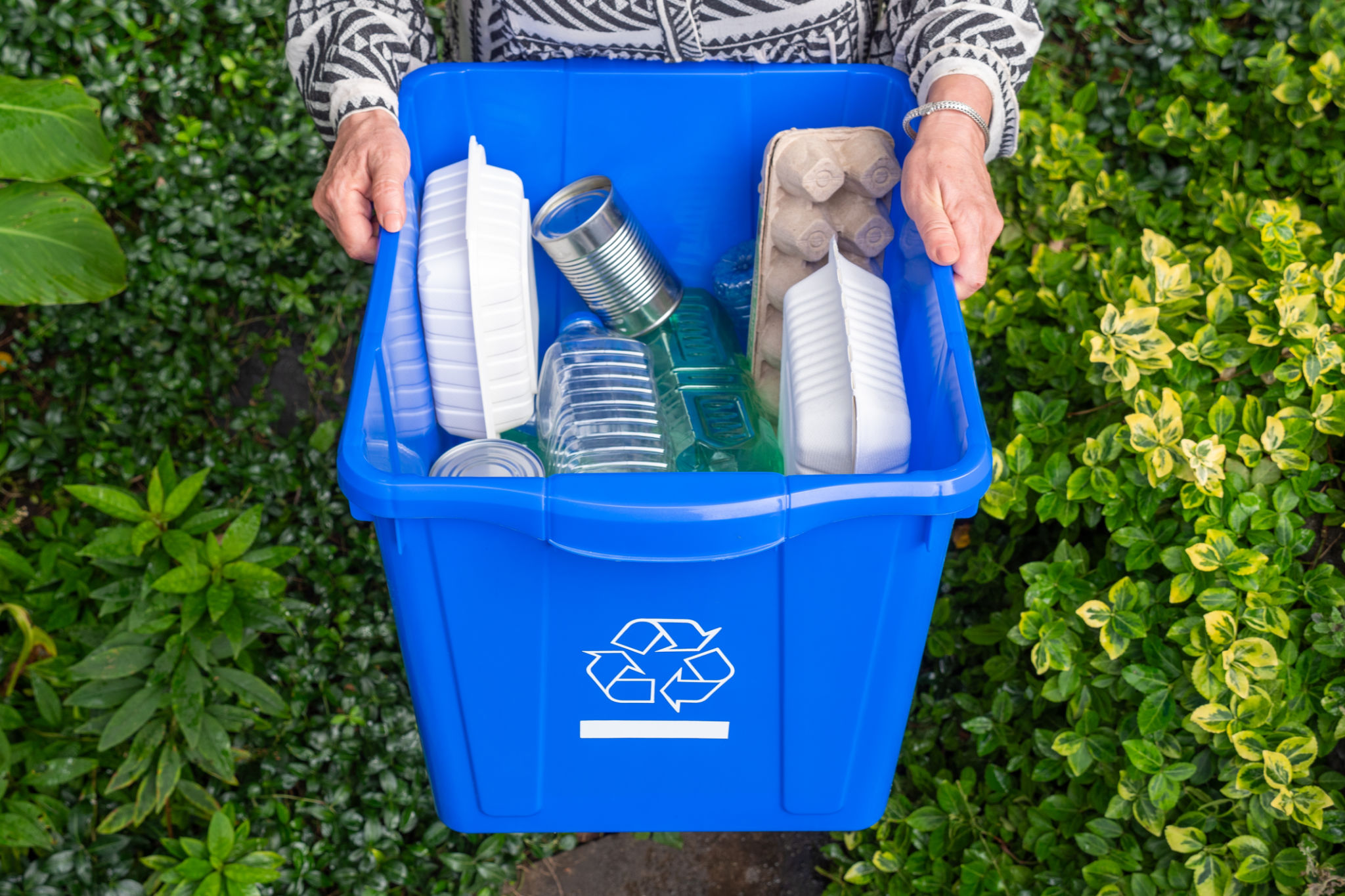Latest Sustainable Facility Maintenance Practices: A Guide for Mansfield Businesses
LW
Understanding Sustainable Facility Maintenance
In recent years, sustainability has become a cornerstone of modern business practices. For Mansfield businesses, integrating sustainable facility maintenance practices is not just about reducing carbon footprints but also about enhancing operational efficiency and cost savings. This guide explores some of the latest practices that are redefining facility management in an eco-friendly manner.

Energy-Efficient Lighting Solutions
One of the simplest yet most effective sustainable practices is the transition to energy-efficient lighting. LED lights, for instance, use up to 75% less energy compared to traditional incandescent bulbs and have a much longer lifespan. By implementing smart lighting systems that adjust based on occupancy and natural light availability, businesses can significantly reduce energy consumption.
Water Conservation Techniques
Water conservation is another critical component of sustainable facility maintenance. Installing low-flow faucets, toilets, and showerheads can dramatically cut down water usage. In addition, businesses can consider rainwater harvesting systems to collect and utilize rainwater for non-potable applications like irrigation and cooling towers.

Adopting Green Cleaning Practices
The choice of cleaning products can have a significant impact on both the environment and human health. Switching to green cleaning products that are biodegradable and free of harmful chemicals is essential. These products not only ensure a healthier environment for employees but also reduce pollution and waste.
Waste Reduction and Recycling
Implementing robust waste management practices is pivotal. Businesses should aim to reduce waste at the source by minimizing packaging and opting for reusable materials. Establishing comprehensive recycling programs can further enhance sustainability efforts. Educating employees about proper waste segregation is equally important to maximize recycling efficiency.

The Role of Technology in Sustainability
Technology plays a crucial role in modernizing facility maintenance with a focus on sustainability. Building management systems (BMS) enable real-time monitoring and control of energy usage, water consumption, and overall building performance. These systems can identify inefficiencies and suggest ways to optimize resource use, thereby reducing environmental impact.
Sustainable Landscaping Practices
Sustainable landscaping involves choosing native plants that require minimal irrigation and maintenance. This practice not only conserves water but also supports local biodiversity. Additionally, businesses can consider installing green roofs or vertical gardens, which provide insulation, reduce urban heat, and improve air quality.
The Economic Benefits of Sustainable Practices
Aside from environmental benefits, sustainable facility maintenance practices offer significant economic advantages. Energy savings, water conservation, and waste reduction directly translate into cost savings. Moreover, businesses adopting sustainable practices may benefit from government incentives and enhanced brand reputation.
In conclusion, Mansfield businesses have much to gain by embracing the latest sustainable facility maintenance practices. By prioritizing energy efficiency, water conservation, waste reduction, and the adoption of green technologies, businesses can achieve a balance between operational excellence and environmental stewardship.
